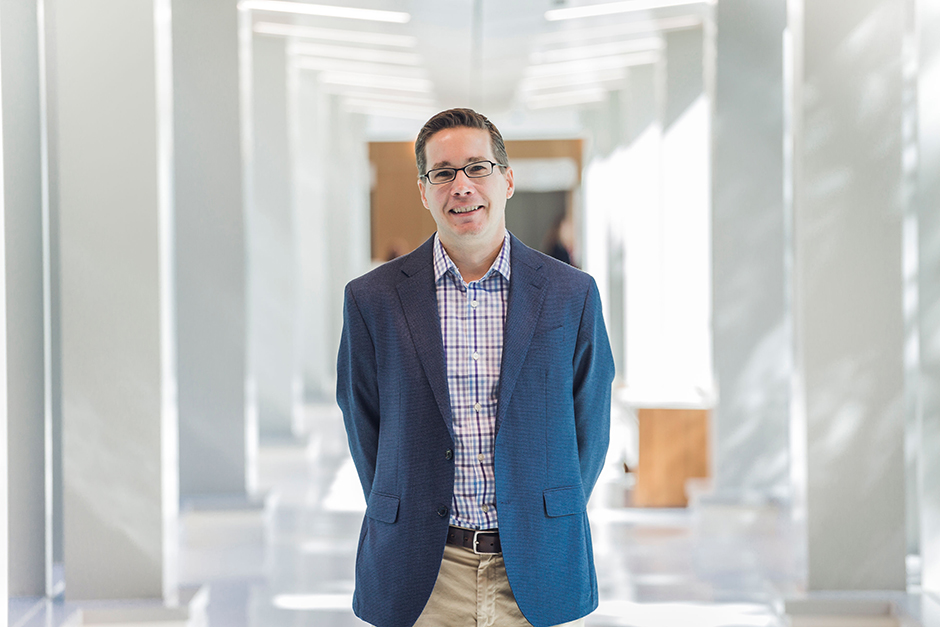Finding methods to successfully intervene and assist low-income couples through relationship issues is the framework of Brian Doss’ research at the University of Miami. Over the years, he has explored ways to implement and develop effective web-based intervention techniques for couples unable to participate in counseling sessions due to transportation issues, lack of childcare needs, or scheduling conflicts.
“With group-based, in-person services, there can be a wait of a month or longer before the next set of workshops start, but with our web-based services at www.OurRelationship.com, couples can start as soon as the next day. When they are experiencing a relationship crisis and need help, timing can be critical,” said Doss.
According to Doss, low-income couples’ relationships are more distressed and are more likely to end in breakup or divorce. If receiving help can be achieved through a website or even a smartphone app, the online or app-based intervention can be used to increase the reach of effective relationship interventions to underserved couples.
“The field seems to be split between thinking that technology either has all the answers or none of the answers,” adds Doss. “But I’m increasingly becoming convinced that the truth likely lies somewhere in the middle. In thinking about the future of mental health care, it will likely be the combination of an automated, app, and online/in-person service that can reach the most people in the most effective ways.”
Last year, Doss presented findings from his latest study at the Association for Behavioral and Cognitive Therapies Conference in Washington, D.C., a conference which focused on how technology can assist researchers and clinicians help reduce human suffering. Presentations centered on ways virtual reality can be used in cognitive behavioral therapy, how treatments can be offered via the Internet and smartphone apps, as well as the use of online training options for clinicians worldwide.
Currently, Doss is in the middle of a five-year project to provide assistance to over 2,000 low-income couples nationwide through the use of OurRelationship.com and ePREP, an online program. Results from 740 couples that Doss presented at the conference indicate that couples in these online programs experienced larger gains in relationship satisfaction and decreases in conflict than couples who were in a control group.
“Also, by reducing relationship distress, the interventions were also successful in creating significant decreases in depression, anxiety, stress, anger, and alcohol abuse as well as significant improvements in insomnia and perceived health,” said Doss. “Our online programs can be completed anytime from anywhere someone has an internet connection—on the bus, the train, or anywhere with WiFi connection. And the vast majority of our coach calls occur during weekends and evenings; Sunday evening is our most popular time for calls.”
Yet, if app-based and web program interventions are more effective for low-income couples, does this mean that in-person therapy sessions could be impractical in the future? Doss says he would like to see technology integrated into in-person services to allow therapy sessions to be more flexible and tailored to the specific needs of individual couples. “Yet, it’s important to note that there are likely some, even many, couples who would prefer to attend in-person services.”

